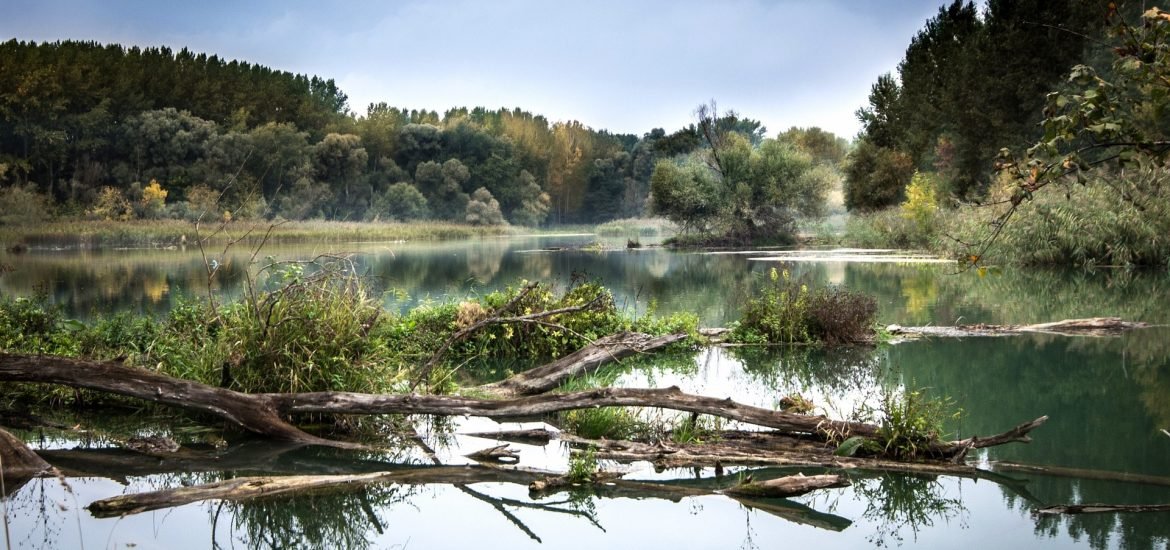
Despite European Union laws to protect water supplies, biodiversity and human health, a majority of Europe’s freshwater bodies fail to meet ecological and pollution standards, according to a report published by the European Environmental Agency (EEA) on Tuesday.
For the State of Our Waters report, the agency assessed 130,000 waterways in Europe between 2010 and 2015 using data collected from over 160 river basin management plans.
The assessment showed that only 40% of the lakes, rivers, estuaries and coastal waters studied met ecological standards, with only 38% meeting chemical pollution standards. Groundwater bodies, such as aquifers, fared much better overall. Of the sites included, 74% were rated as having good chemical pollution status, with 89% receiving good ecological status.
Groundwater sites most often failed to meet good standards due to nitrates from agricultural run-off, salt intrusion and hazardous chemical pollution from industrial sites, mining areas or waste storage. Mercury was one of the most common pollutants, with common sources including mining, coal combustion and other industrial activities. For surface water, nutrient enrichment from agricultural activities, poor wastewater treatment and habitat degradation prevented many of the sites from meeting the minimum standards.
In a statement, EU environment commissioner Karmenu Vella said that although freshwater quality has improved slightly since the last review in 2010, “much more needs to be done before all lakes, rivers, coastal waters and groundwater bodies are in good status.”
Vella added that “joint efforts from all water users throughout Europe” will be required to tackle “pollution from agriculture, industry and households.”
England, Hungary, the Netherlands, Belgium, Latvia, Germany were some of the worst performing countries, with poor water quality also widespread in parts of France and southern Sweden. According to EEA, many of the central European river basin districts “show the highest proportion of water bodies failing to achieve good ecological status” due to “higher population density and more intensive agriculture.”
Peter Kristensen, the report’s lead author, told The Guardian: “England is comparable to countries in central Europe with a high proportion of water bodies failing to reach good status.” He added: “It would be advisable for England to continue with legislation similar to the water framework directive after Brexit.”
In contrast, northern Scandinavia, Scotland, Estonia, Slovakia, Romania, and several river basin districts in the Mediterranean region were found to have a high percentage of waterways that achieved good or high ecological status.
Despite the progress in these areas, EEA officials stressed the need for improvement overall.
“We must increase efforts to ensure our waters are as clean and resilient as they should be — our own well-being and the health of our vital water and marine ecosystems depend on it,” EEA Executive Director Hans Bruyninckx said in a statement.
The EEA report was released ahead of a forthcoming European Commission report assessing member states’ efforts to manage, protect and improve water quality under the Water Framework Directive, which took effect in 2000.